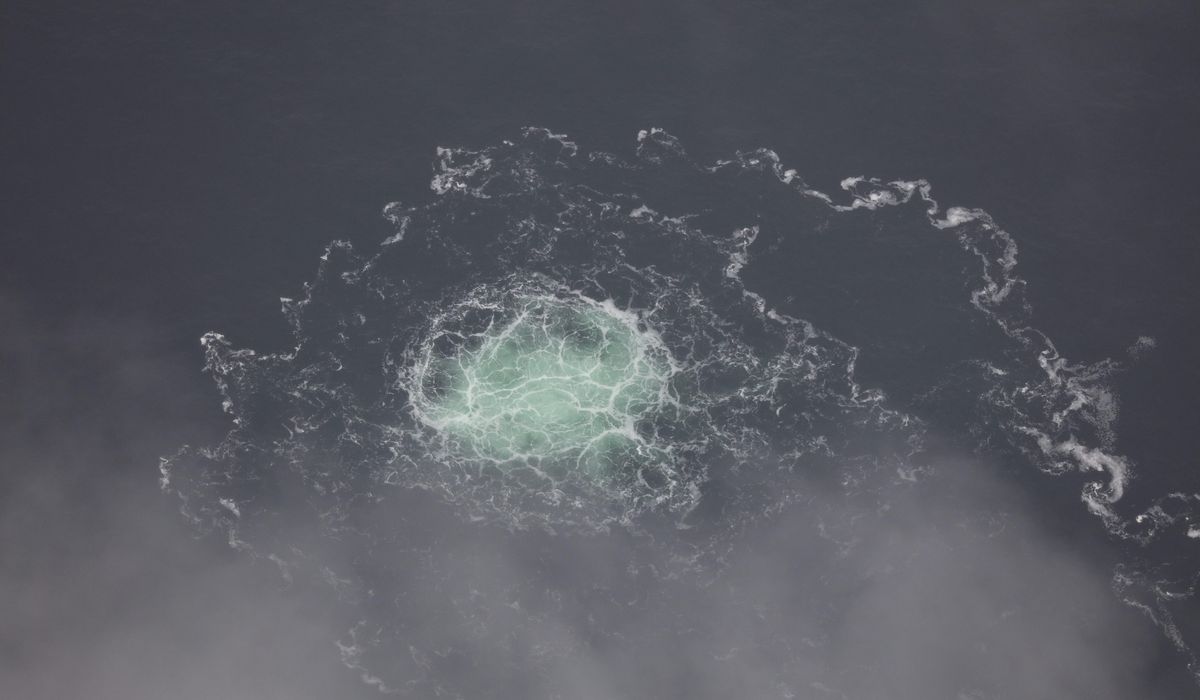


One of Russian President Vladimir’s most hawkish allies has suggested damaging undersea communications cables between Europe to the U.S. amid allegations of Western involvement in the September attacks on the Nord Stream natural gas pipelines.
Russian President Dmitry Medvedev, deputy chairman of the Kremlin’s security council, said Moscow should consider taking out the West’s seabed communications cables.
“If we proceed from the proven complicity of Western countries in undermining the Nord Streams, then we have no, even moral, restrictions left to refrain from destroying the cable communications of our enemies, laid along the ocean floor,” Mr. Medvedev said Wednesday on his Telegram social media page.
According to media reports, a tip-off from Dutch intelligence officials prompted the CIA to warn Ukraine not to destroy the Nord Stream 1 and 2 pipelines, which link Russia to Germany through the Baltic Sea. The mission was carried out about three months later, involving a team of Ukrainian military divers who traveled to the site on a sailboat.
Following the explosions, U.S. and allied officials quickly said Russia was the most likely culprit. Moscow denied any involvement in the blasts.
The undersea cables, sometimes called the “world’s information super-highways,” carry more than 95% of the world’s international data. Europe is electronically connected to North America by more than a dozen cables.
“The global subsea data cable network is a vital critical infrastructure. The global economy and digital services are fully dependent on it,” according to a June 2022 report by the European Parliament. “Since cables lay out at sea, across national borders and are often hidden underground, they have frequently been forgotten and received limited attention from policymakers.”
• Mike Glenn can be reached at mglenn@washingtontimes.com.
